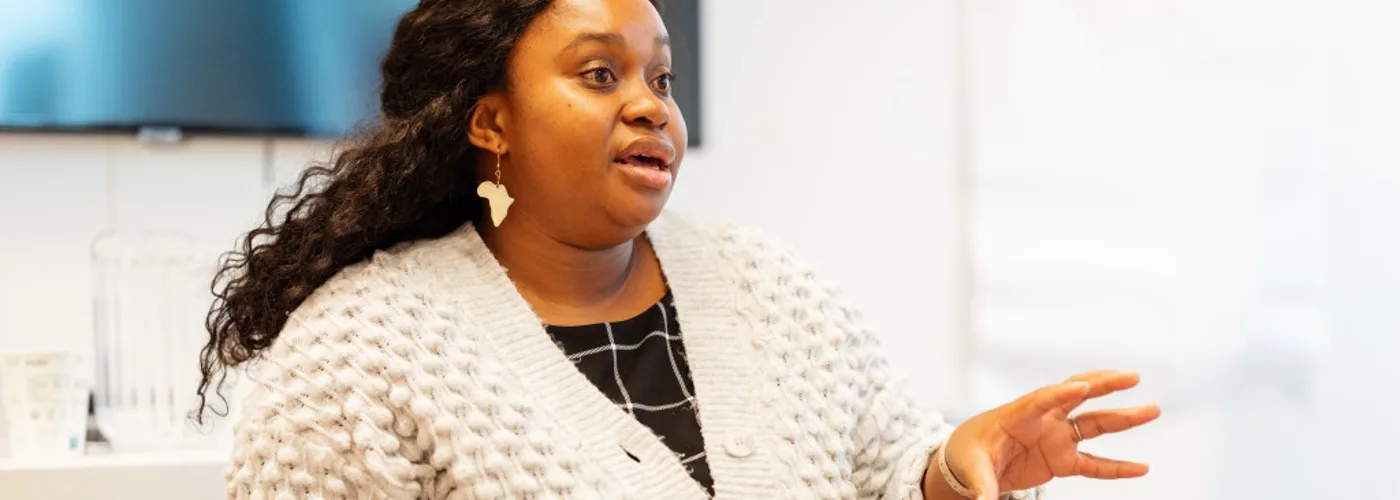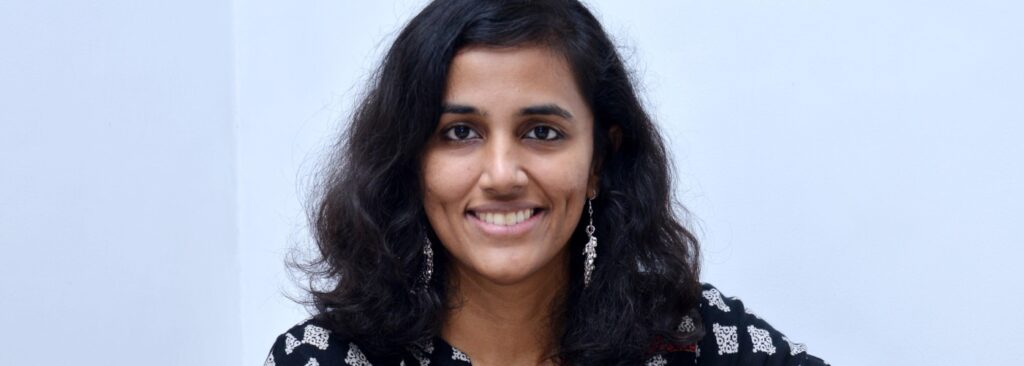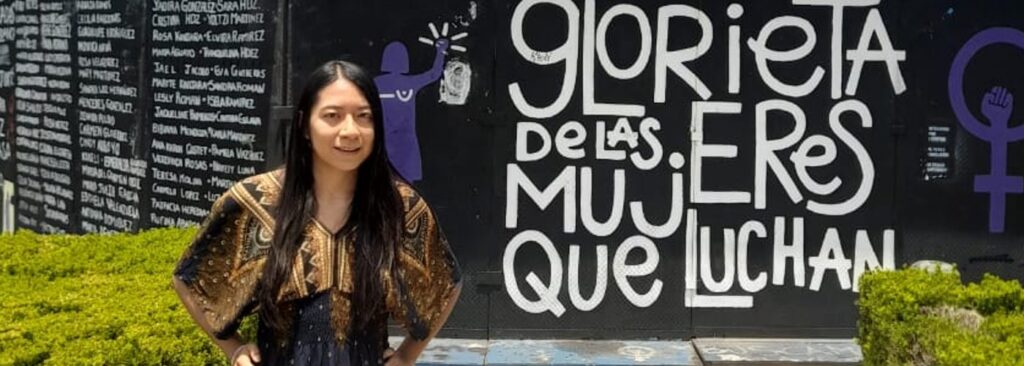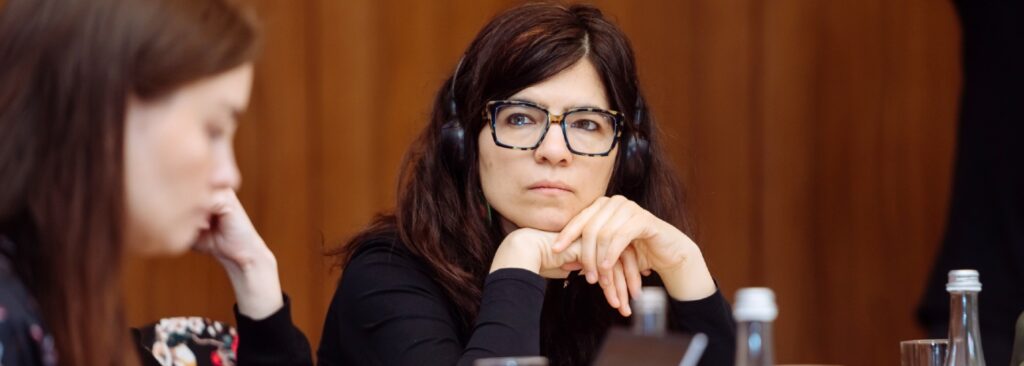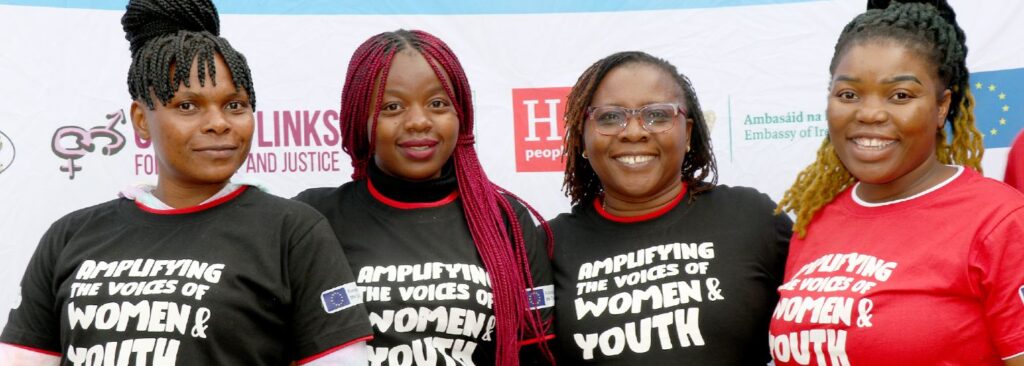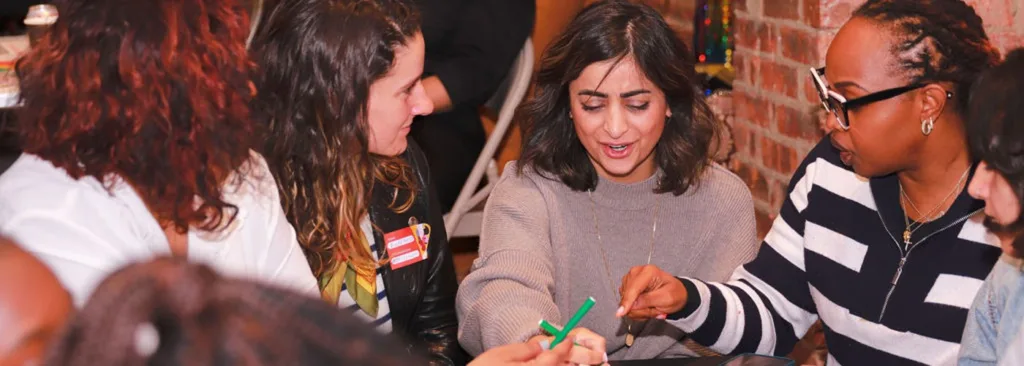The Walking the Talk consortium is proudly introducing six exceptional feminists from all over the world – aka our team of “Walkie-Talkies.” These experts bring unique perspectives and invaluable experience to our mission of promoting Feminist Foreign policies, practices, and funding in Germany, France, the United Kingdom, the Netherlands, and the European Union.
How would you introduce yourself?
I’m an African feminist based in Harare, Zimbabwe. Driven by a burning desire to amplify African girls’ and women’s voices, I weave stories through research, photography, and digital storytelling. I’ve unpacked the gendered impacts of extractivism, championed girls’ education, documented the resilience of young feminist collectives in Zimbabwe, and collaborated with Urgent Action Fund Africa to secure critical funding for women’s rights organizations and young feminist collectives across the continent. My current multimedia research project “This Land” documents the struggles and joys of Zimbabwean women farmers battling drought brought on by climate change, their stories revealing the need for equitable climate solutions. My advocacy is driven by the desire to see girls and women in all their diversities thrive and lead the fight for a just and equitable future.
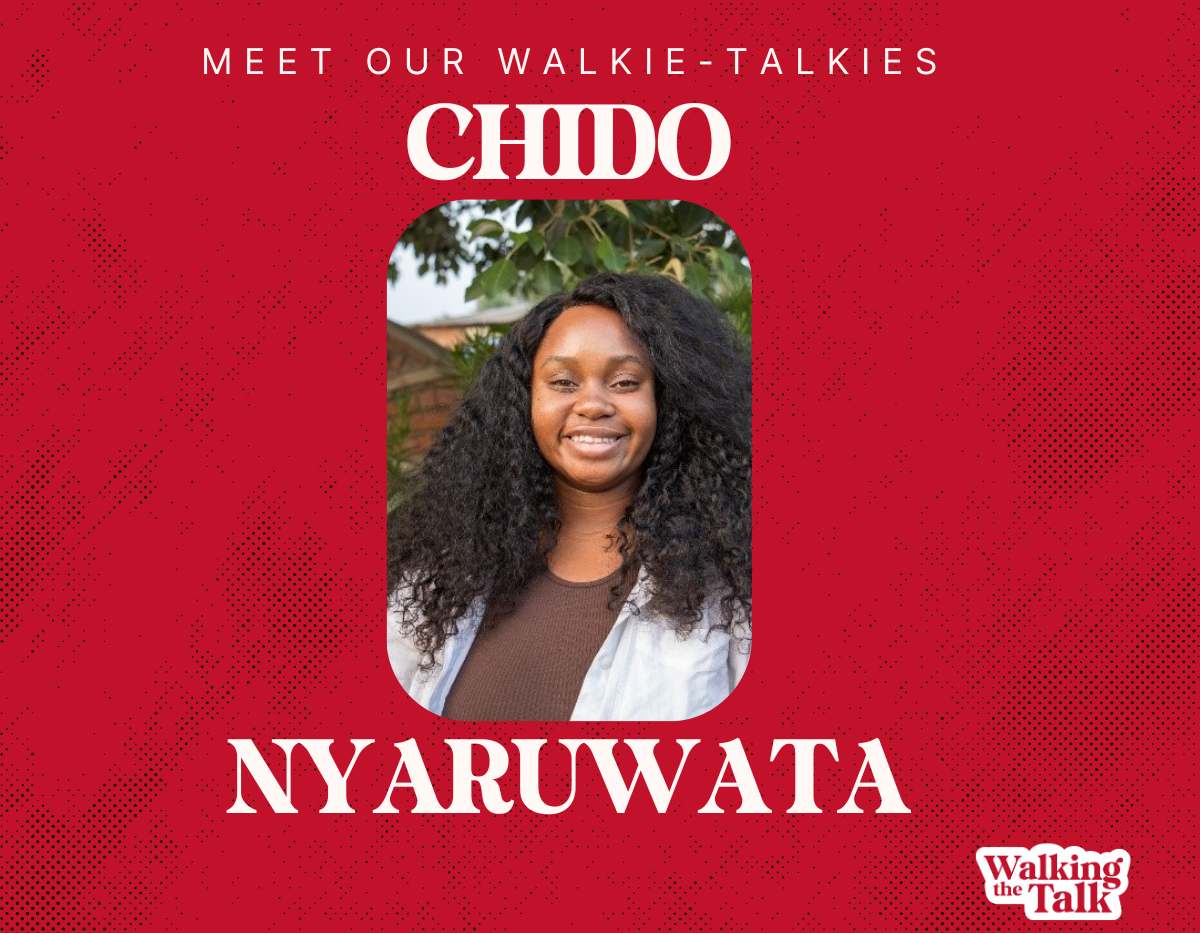
Could you share with us a fun fact or something surprising about you ?
I have a major sweet tooth and absolutely love baked goods! In my book, the ultimate brownie must be chocolate—fudgy in the centre and crunchy on the outside.
What personal experiences shaped your feminist beliefs? In what way?
At seventeen, one of the most pivotal moments of my feminist consciousness was an encounter with a book. Nervous Conditions by Zimbabwean author, Tsitsi Dangarembga to be exact. I had never felt so seen by a book before. I was in awe of the stories of Tambu and Lucia’s fight for freedom in a patriarchal conservative society bound by restrictive cultural norms. I contended with these norms daily at home, school, church and family events. I knew something was wrong but didn’t know how to express my frustration. “Nervous Conditions” and other feminist texts, particularly those written by African women, made me realize that the discrimination and othering I felt in my own life was replicated across different households and communities in multiple locations and over time. I needed to find community with others driven to create an alternative reality. The systematic oppression of women and girls in their diversities had to be stopped. This moment still shapes my feminist beliefs and activism.
How would you explain FFP to someone who has never heard of it?
The current system of international relations often feels like a closed-door meeting where half the world isn’t invited. Feminist Foreign Policy (FFP) throws the doors wide open, prioritizing gender equality and empowering marginalized groups to build a more just world. Unlike traditional approaches fixated on power and profit, FFP recognizes the interconnectedness of issues. It understands that climate change disproportionately impacts women, and that peace can’t be built without women at the peace table. An ideal FFP demands that feminism and gender equality cut across all aspects of foreign policy.
Can you remember your first encounter with the FFP approach? What did you think then?
The first time I heard about the FFP approach was in one of my postgraduate foreign policy and diplomacy classes. My lecturer mentioned it briefly, describing it as a fringe approach compared to the “serious” strategies states usually use in international politics. At first, I was taken aback by the idea that states could identify as feminists, especially since they traditionally operate within a male-dominated political structure. Hearing the example of Sweden’s feminist foreign policy at that time was refreshing and to a certain extent, inspiring. I thought that by adopting the label and values of feminism, they would push for shifting how states interact, support a more equitable international system and center the voices and experiences of women in their home and partner states.
What does FFP mean in your community?
Whilst FFP as a term may not be well known, the impact of it is felt. It becomes tangible when we view it through the 4 R framework: rights for girls and women, resources for gender equality work, equal representation of all genders, and “reality check.” It means that there are countries whose foreign policy supports women’s rights organizations and feminist movements’ advocacy for women’s rights and provides resources to support the advocacy in development partner countries. These are countries that women’s rights and feminist movements can view as key donors for their critical work of gender transformation in Zimbabwe.
Can you please describe your dream FFP?
I view Feminist Foreign Policy as essential for achieving feminist futures. Envisioning these futures is crucial to creating an alternative to the current global system, sustained by patriarchal, capitalist, racist, and colonial power structures. These structures shape daily life and create global inequalities. My understanding of feminist futures is grounded in three principles: freedom, climate justice, and radical care and well-being. My dream FFP is transformative and disruptive. Countries adopting FFP must recognize diverse approaches to knowledge, diplomacy, and cultures. Instead of imposing perspectives, they should practice partnership and co-learning. They must adopt an intersectional approach, acknowledging how systems of power enable their dominance. Cooperation is key, valuing feminist activists, organizations, researchers, and funders as essential actors, and asking them, “Where do you need support?” FFP countries should also increase financial and material resources for gender-focused work.
In your opinion, what role can young people play in making a feminist foreign policy successful?
Globally, young people are craving a more just world order. In a society shaped by dominance and hierarchy, I believe that we’re longing for a new reality where there aren’t winners and losers – the powerful and the marginalized. In seeking a more gender and climate-just world, Feminist Foreign Policy offers a roadmap to achieve this. Its success hinges on young people’s collective action. Young people must understand the concept and how it manifests in our different contexts. We’re not inventing the wheel. Global South feminisms have a history of building transnational relationships to shift power relations between states and push for self-determination. Learning from these movements and using the many tools at our disposal, we can create spaces to allow knowledge sharing, collaboration on campaigns, and building solidarity with feminist movements worldwide.
If you had a magic wand/could make one wish: what would you change in your country or region?
Make youth unemployment disappear! We have an extremely high youth unemployment rate in Zimbabwe. Those who are “employed” are often underemployed. I wish to create opportunities for young people to earn liveable wages, dream endlessly and enjoy life fully.
A favourite feminist song ? ♫
Solange Knowles: Don’t touch my hair. The message is powerful – it speaks to black women demanding their right to express their autonomy without being policed.
About the Walkie-Talkies
The “Walkie-Talkies” are feminists with expertise and lived experiences in gender equality policies and practices. They come from diverse backgrounds and regions, bringing intersectional perspectives on issues such as climate justice funding, SRHR, gender-based violence, and feminist technology. They are committed to sharing lessons, driving positive change, and actively participating in strategic activities within the consortium.

